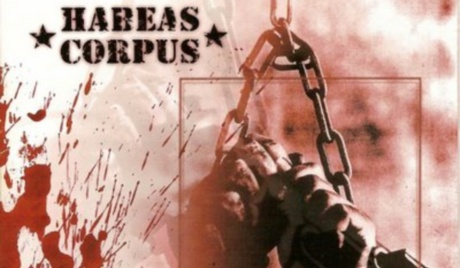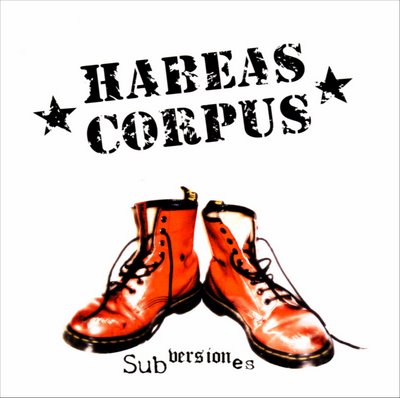Writ of Habeas Corpus Definition-Habeas Corpus is an important legal formality that protects the individuals from unauthorized or unlawful detainments. It is an important fundamental right of a citizen. An individual who is detained or put in jail without credible reasons can file a writ petition to the court demanding the reason for detainment. After going through the writ petition, the court sends a statement to the authorities regarding the reason for detainment. The legal order or statement is known as the Habeas Corpus writ. This article will let you know more about the different aspects of Habeas Corpus.
After issuing of Habeas Corpus
The authorities can no longer detain an individual after court has issued a Habeas Corpus. The authorities should produce the individual before the court in order to conduct a trial regarding the reason for detainment. The trial is very crucial for both the individual and the authorities. The authorities should place valuable and credible evidences to support the act of detainment. If the court finds the act of detainment unlawful, it can declare the release order of the individual. This is how Habeas Corpus safeguards the rights of the individual. It is the duty of the detaining authority to present the individual before the court, after he/she has been caught for an illegal activity.
The Source of Habeas Corpus
The law is clearly stated in the Article 1 of constitutional laws of United States of America. According to the law “The Privilege of the Writ of Habeas Corpus shall not be suspended, unless when in Cases of Rebellion or Invasion the public Safety may require it”. The law is against all the unauthorized imprisonments but hints about an act of suspension of the law at the end of the statement.
Suspension of Habeas Corpus
The benefits of the law cannot be utilized when it comes to acts like terrorism. A person detained for the indulging in terror activities cannot file a Writ petition before the court. The Antiterrorism and Effective Death Penalty Act was implemented to support this cause. In 2006, the Bush Government signed the Military Commissions Act. According to the act, the President has the supreme authority to look over the matters related to the detainment of an individual who is suspected for indulging in terror activities.
Hope you like the article. Now send in your feedbacks related to the same in Writ of Habeas Corpus Definition topics.
Google+

